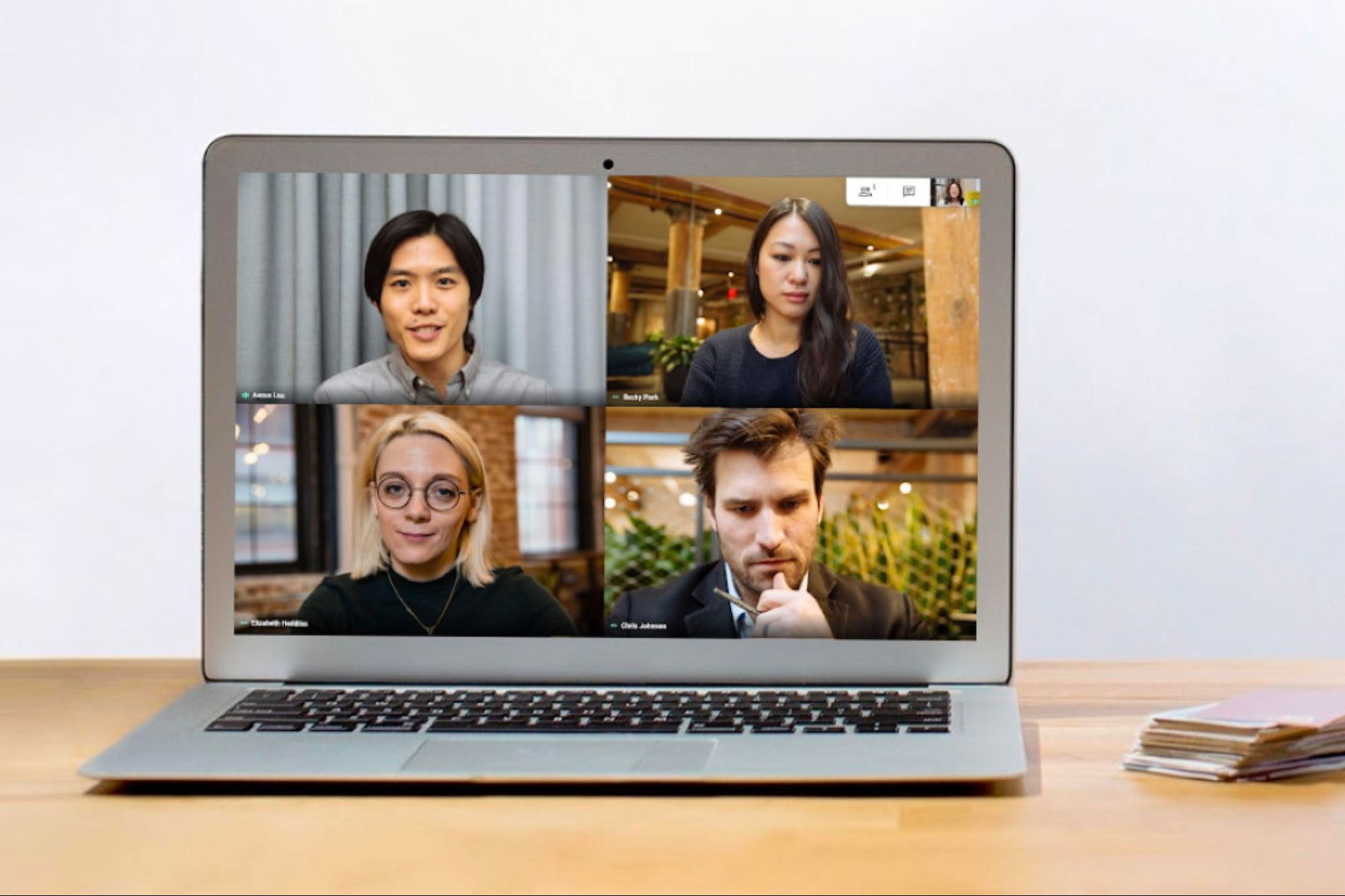
Anonymous users will be blocked from Google Meet video conferences held by schools, colleges, and universities in a bid to stop pranksters disrupting lessons.
2 min read
This story originally appeared on PCMag
The coronavirus pandemic has made video conferencing incredibly popular, but also given us a new term to learn: Zoom-bombing. It’s when anonymous users enter your video chat—in this case, on the Zoom Meetings service—and cause all sorts of disruption.
This phenomenon is not limited to Zoom, however, so Google is now set to protect educators against unwanted intrusions on its own Google Meet.
Google classes an anonymous user as someone who isn’t signed in with a Google account. Anyone classed as a G Suite for Education user will have their privacy increased in the coming days. As the G Suite Updates site explains, “anonymous users can no longer join meetings organized by anyone with a G Suite for Education or G Suite Enterprise for Education license. This prevents participants from sharing a link publicly to encourage anonymous users to request access.”
As to why Google is implementing this protection, students have been known to share the link to a scheduled Google Meet and ask pranksters to crash the video call in order to frustrate teachers and end class early, according to ZDNet. In the coming days, that will no longer be possible; even if someone does manage to crash a call, they will be known by the Google account they used to gain entry.
It’s possible to disable the new protection, but an admin will have to contact G Suite support to make it happen. It’s on by default otherwise, and should be in place for all education users within 15 days, so before the end of July.
https://www.entrepreneur.com/article/353259

